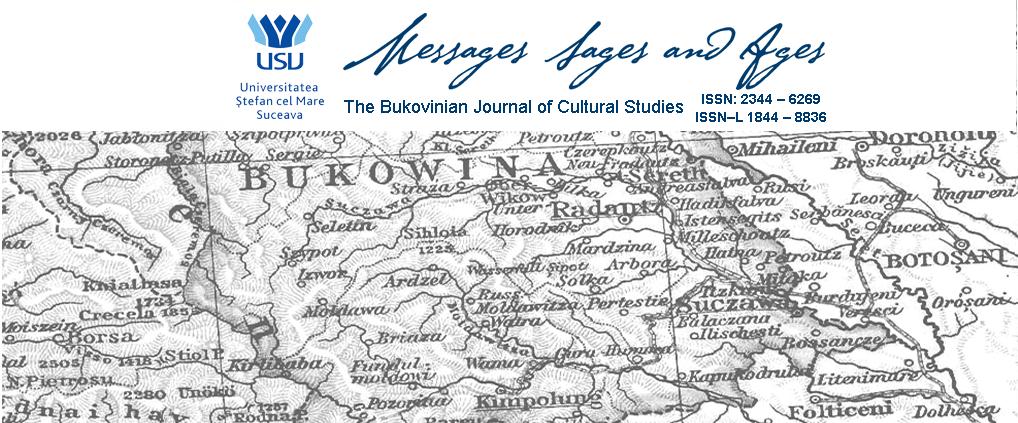A recurring trope in art, the Island represents a never-ending source of inspiration for storytellers. As a culturally and historically conditioned notion, the Island has undergone several conceptual changes. Christian Rivers’ Mortal Engines (2018), a multilayered film adaptation of Phillip Reeve’s novel, problematizes the post-apocalyptic urban spatiality by transposing the island of London into a grim futuristic scenario. The island-on-wheels imagery is symptomatic of the emergent apocalyptic and post-apocalyptic fictions as it embodies par excellence the perpetual threat of the Machine. Consequently, the movie foregrounds a dystopian future scenario, filled with predator cities-on-wheel and death-dealing engines. In such a desolate universe, the Darwinian survival of the fit replaces the ethical grounds of the human condition. This paper aims to analyze the emergence and the representational potential of a new island-typology, that of the predator-island, and its subsequent cultural scripting.
Monika Kosa
Author
Monika Kosa is a PhD student at the English Department of the Faculty of Letters of “Babeș-Bolyai” University. Her academic interests include Canadian Literature, Victorian literature, the postmodernist novel and the fantastic in literature. She has published articles in these fields and presented papers on various topics at prestigious conferences. Her doctoral thesis, “Displacement in Contemporary Canadian Fantastic Fiction”, sets to explore the concept of displacement through the lens of postmodernist theory, narratology, cultural studies in the works of Canadian authors such as Jack Hodgins, Gwendolyn MacEwen, Timothy Findley and Brian Moore.
